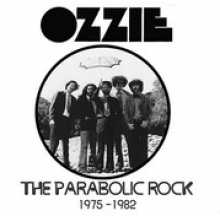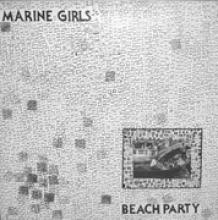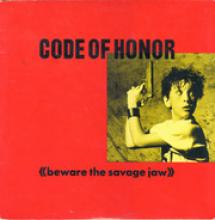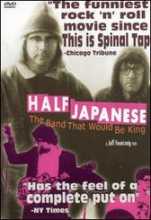Jason and the Scorchers: Still Country After All These Years
Jason and the Scorchers have been working out an equation balancing aggressive rock tones cribbed from seventies bands and traditional country stuff for just about thirty years. For the most part, the band works out what it had in mind – and relatively easily.
Each of the ensemble players possesses untoward amounts of musical ability as recognizable in its rock presentation as its straight country stuff. At times, the band pushes tempo to the breaking point, frequently finding itself referred to as the forbearers of alt country and cow punk. And while that’s well and good, it’s pretty easy to figure out that Mike Ness and Social Distortion were recording in this general arena (that group favored punk over country, but the mix is still there) at least three years before the Scorchers were on fire.
But what announced this Chicago cum Nashville band to the country was its 1982 single, appropriately titled Reckless Country Soul, subsequently reissued with a few bonus tracks. So, at this point, the recording really counts as a long player, coming in at just over a half an hour.
Regardless of its run time, each of the ten tracks is really a study in some disparate approach to melding various rock stuff with country and nascent fifties’ pop. And honestly, when the band doesn’t totally pull it off, the results are still more entertaining than whatever’s getting passed off on country radio stations the nation over.
“Jimmie Rodgers' Last Blue Yodel” prominently features the collective singing prowess the Scorchers possess. And not to slight the group, but it’s hard to find those harmonies pleasing in a traditional way. Luckily, most folks getting an earful of this stuff are going to be fans of the Burrito Brothers, Commander Cody and whatever other stoned country band one might be able to recall from decade’s past.
Over the last thirty years, the Scorchers haven’t changed its approach and even seen the (pretend) subgenre it worked out become something of an underground sensation, replete with press outlets cropping up to cover the scene all proper like.
Chicago’s Bloodshot Records has taken up the mantle of whatever it is the Scorchers concocted so long ago. And even as that imprint’s halcyon days have been left back on that dusty trail, there’s enough of a back catalog to sustain a cadre of folks working with interesting source material.
It might not be adventurous any longer, but it’s impassioned music.









